Is Tribal Knowledge Affecting Your Quality?
High QA
Do you know any myths and legends passed down via the generations of your ancestors, said around the campfire, and evolved over the years? The story may change, but the critical narrative remains the same. The same process causes the tribal knowledge of your workplace.
So, what is tribal knowledge? It is unwritten information that resides in employees’ minds in a company. Sadly, for new employees to access this knowledge and be fully productive, they must spend time with the company’s informal people networks. Having company knowledge equips an employee with intangible skills, which is why sharing knowledge is important.

Likewise, what is institutional memory? This is information learned through personal experiences and recollections, which gives an understanding of a company’s culture and history.
An organization should capture this knowledge for future reference and ensure it doesn’t lose it. Moreover, it should ensure that anyone who needs the information finds it. In fact, it can minimize the training challenges in the workplace.
The baby boomer retiring trend and millennial job jumping is important to modern manufacturing and the future of manufacturing. The reason is, from it you can learn manufacturing industry trends.
Create an Internal Knowledge Base
An internal knowledge base is vital to any organization. Company knowledge sharing needs documentation, codification, and knowledge transfer. This can be done through webinars, training programs, or mentorships. By doing so, knowledge loss and the chance of error in knowledge transfer become minimal.
Capturing the information also helps identify any important gaps in knowledge and create a plan to fill the knowledge gaps.
It is generally unavoidable to experience employee churn and employee attrition, which cause talent drain and skill drain. So, a company should have a plan to ensure knowledge gets transferred from the employees to a shared resource.
There are multigenerational workforce challenges that need solutions. Baby boomers and millennials in the workplace may differ. Capturing company knowledge can address the challenges of a multi-generational workforce.
Purpose of Knowledge Management
The best way to capture company knowledge is by having a knowledge management plan. Moreover, a strong knowledge-sharing culture should be encouraged, and employees should document.
Things to keep in mind when developing a knowledge management plan for your company:
- Having suitable resources allocated.
- Consider the communication pattern and special culture of the workforce.
- Appropriate alignment from the top-down.
Benefits of Knowledge Management
Why is information management important? Knowledge management is essential to both global organizations and small-scale enterprises that need to dispense knowledge. These are its benefits:
- Stimulation of growth and innovation
- Enhanced decision-making
- Improved efficiency
- Prevention of brain drain
Choosing the Right Software
Once you identify your knowledge management strategy and plan, it is time to figure out which technology would be most suitable for you. According to employees, lack of proper technologies is the largest hindrance to their productivity and workplace engagement. You get efficiency, flexibility, and productivity with a quality management software.
A QMS, such as High QA 360 software, incorporates significant manufacturing quality practices in all your operations. It assists in envisioning opportunities for process improvements and products. It reduces confusion, manual processes, human interpretation errors and paper documents while ensuring your information gets organized into a single source.
Employee experience can be captured and shared to other employees. There may be a machine that works better doing a certain operation, a gage may be more efficiently used and sometimes tricks enable employees to work faster. That information is usually stored in an employee’s mind but can be transferred and stored in a smart QMS system.
Key Takeaway
Manufacturing companies are experiencing a paradigm shift: the baby boomer generation that comprises a substantial number of the workforce is retiring. And the next generation tends to switch jobs often. When anybody leaves a job, critical information, often referred to as tribal knowledge, goes with them, resulting in skill drain and knowledge gaps of information at companies they leave behind.
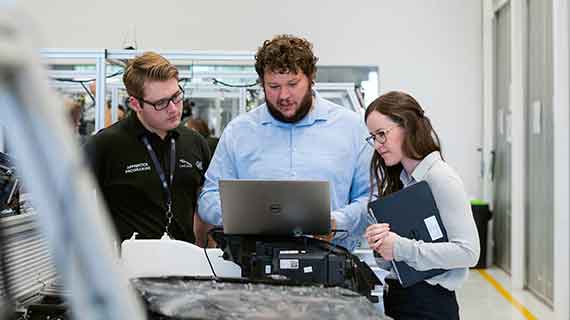
To address the brain-drain, companies need to act now to maintain institutional knowledge and position themselves for success. This means equipping future generations of employees with the correct tools to succeed.
About High QA
At High QA, we provide our customers with industry-grade software solutions to ensure product creation in less time with fewer mistakes. We serve a broad clientele in the automotive, aerospace, medical devices, construction, and oil and gas industries.
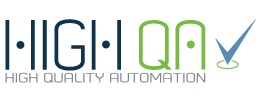
Our manufacturing quality management solution will help you save 75% of your time. Take your manufacturing from good-to-great with an all-in-one quality software solution.
Explore our website and discover what High QA can do for you and your suppliers. We are just a click away to answer questions or provide a demo of our software.
For more information, visit www.HighQA.com or contact a High QA representative for a free no-obligation demo of Inspection Manager, the ultimate manufacturing quality management software.


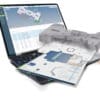

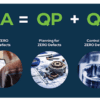
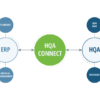
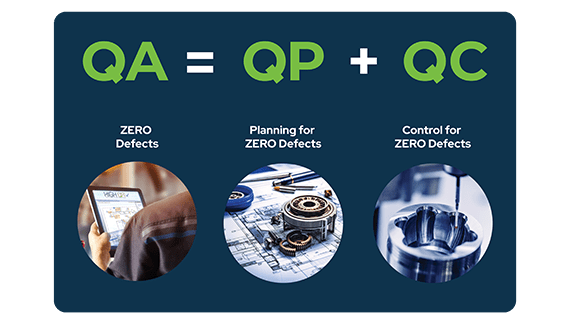
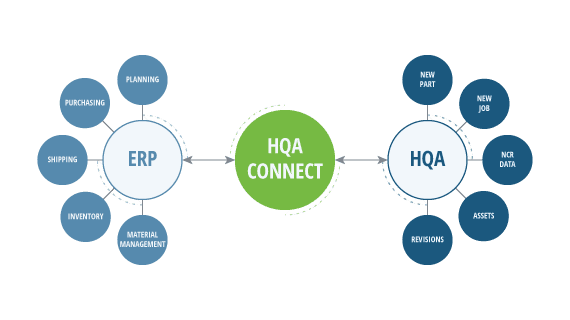

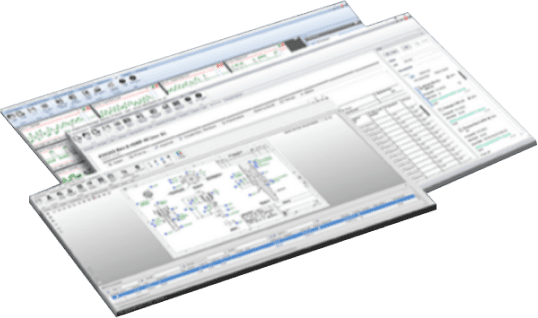

Join the discussion One Comment